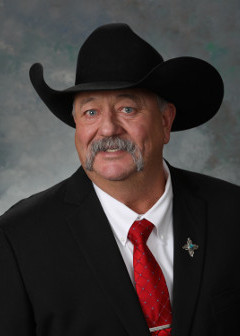HB 127 LICENSE PLATE READERS FUNDING
Sponsored By: Rep Jackey (Jack) O Chatfield
Actions: HPREF [2] HJC/HAFC-HJC [3] DP-HAFC API.
Scheduled: Not Scheduled
House Bill 127 (HB 127) appropriates one million dollars ($1,000,000) to the Department of Public Safety for the purchase of license plate readers.Legislation Overview:
House Bill 127 (HB 127) appropriates one million dollars ($1,000,000) from the General Fund (GF) to the Department of Public Safety for expenditure for Fiscal Year (FY) 2026 for the purchase of license plate readers. Any unexpended or unencumbered balance remaining at the end of FY 2026 reverts to the GF.Current Law:
Automatic number-plate recognition (ANPR) is a technology that uses optical character recognition on images to read vehicle registration plates to create vehicle location data. It can use existing closed-circuit television, road-rule enforcement cameras, or cameras specifically designed for the task. ANPR is used by police forces around the world for law enforcement purposes, including checking if a vehicle is registered or licensed. It is also used for electronic toll collection on pay-per-use roads and as a method of cataloguing the movements of traffic, for example by highways agencies. Automatic number-plate recognition can be used to store the images captured by the cameras as well as the text from the license plate, with some configurable to store a photograph of the driver. Systems commonly use infrared lighting to allow the camera to take the picture at any time of day or night. ANPR technology must take into account plate variations from place to place. According to a 2012 report by the Police Executive Research Forum, approximately 71% of all US police departments use some form of ANPR. Privacy issues have caused concerns about ANPR, such as government tracking citizens' movements, misidentification, high error rates, and increased government spending. Critics have described it as a form of mass surveillance.
-
Bill Documents arrow_drop_down
-
Commitee Reports & Amendments arrow_drop_down
-
Floor Amendments arrow_drop_down
-
Floor Votes arrow_drop_down
